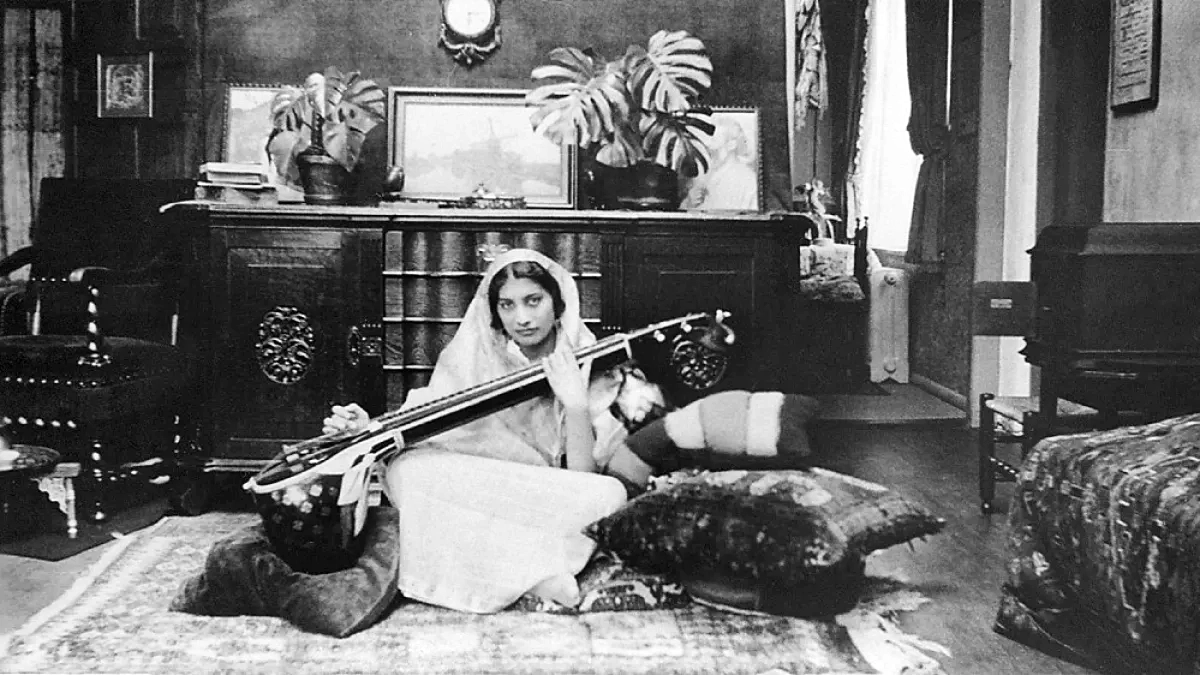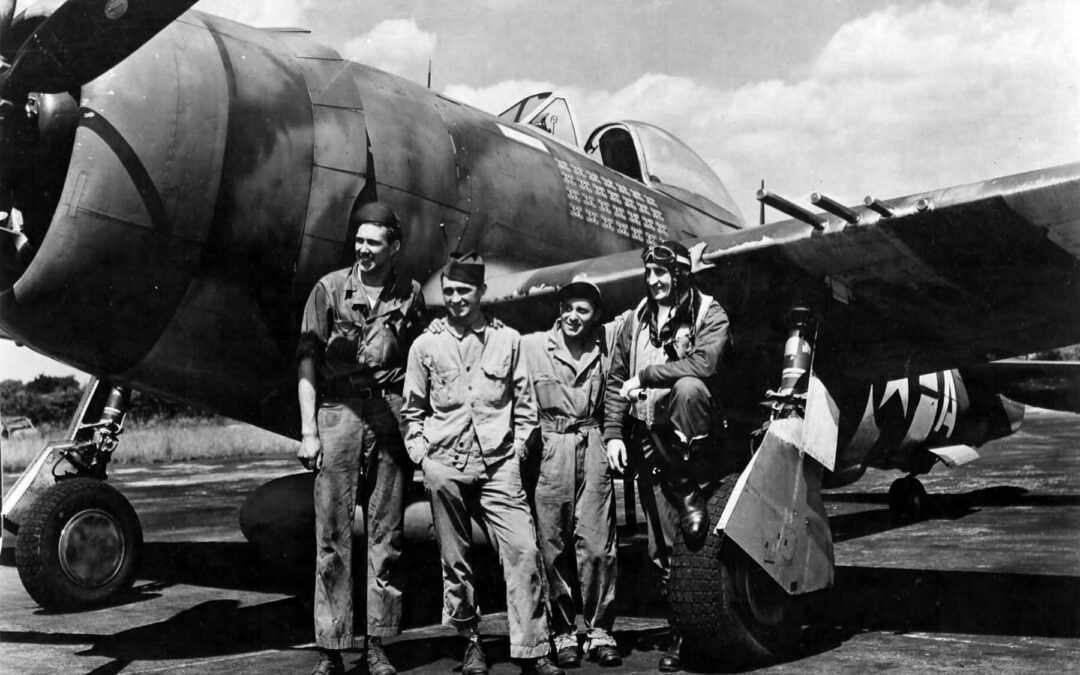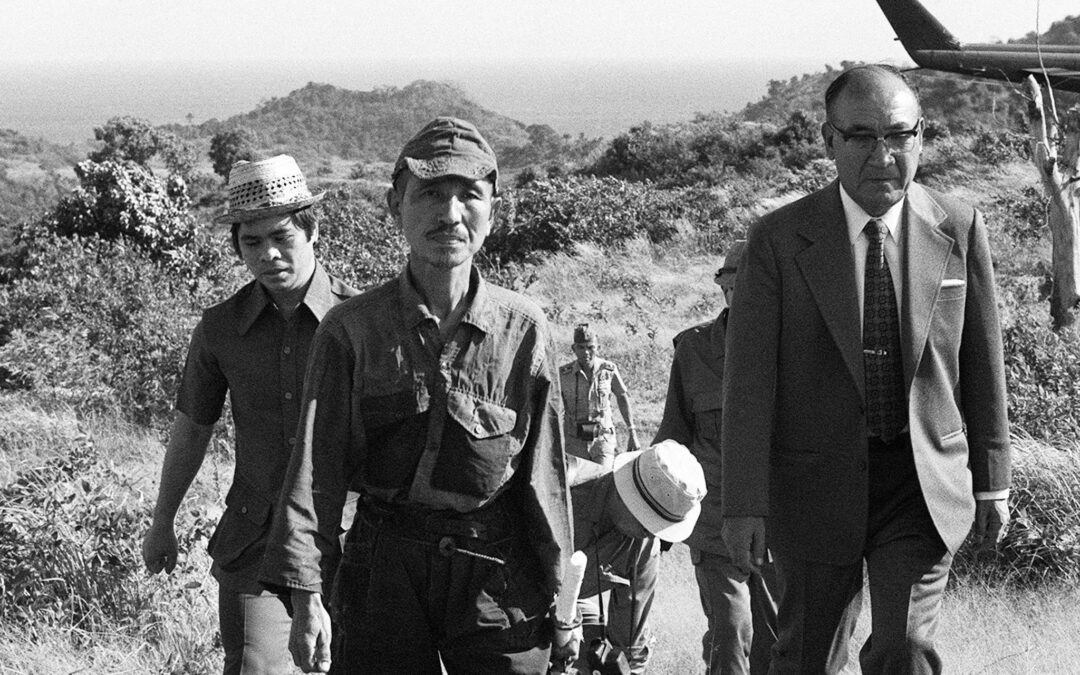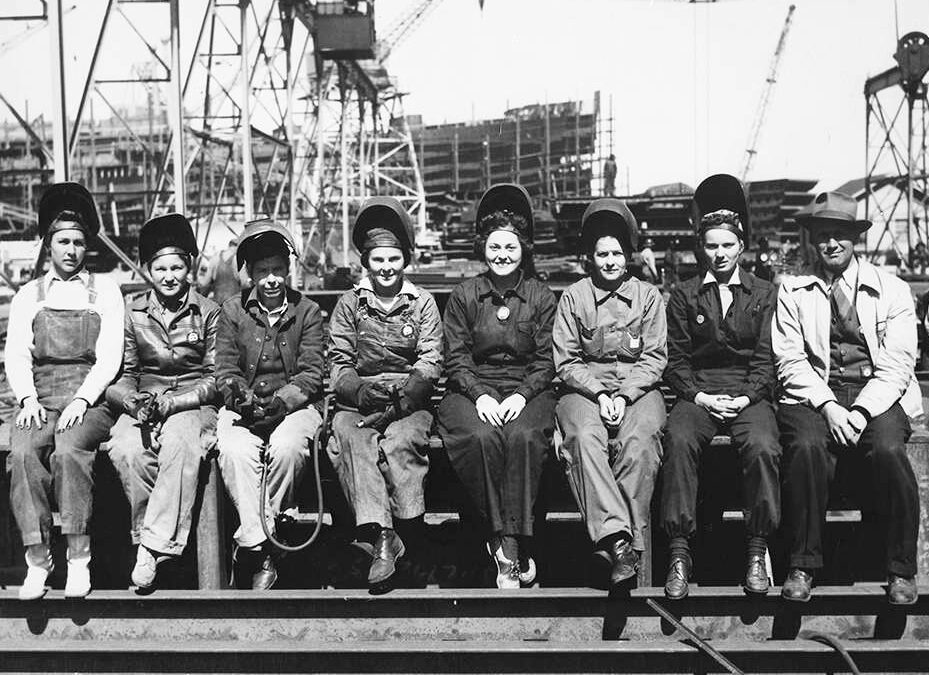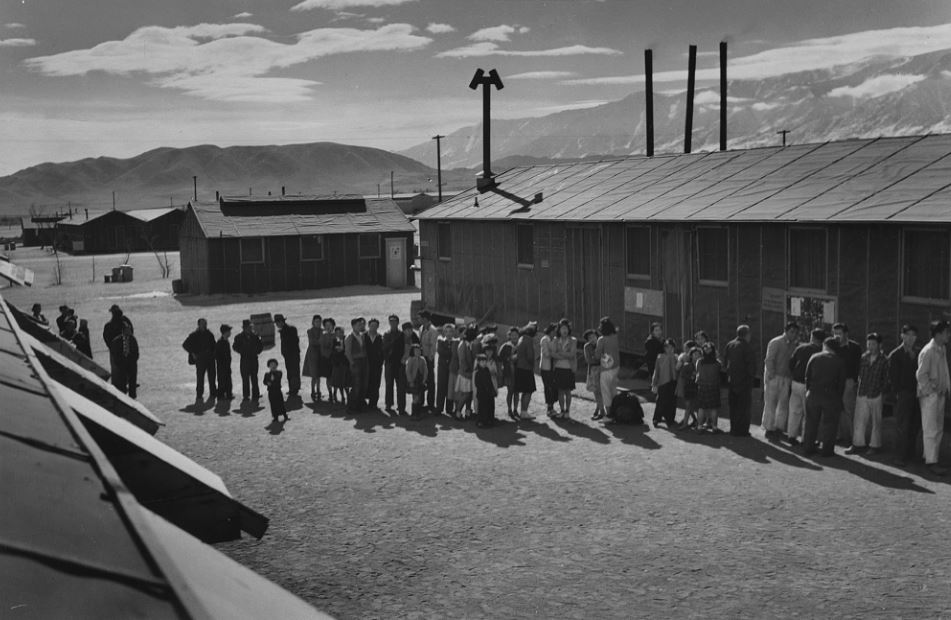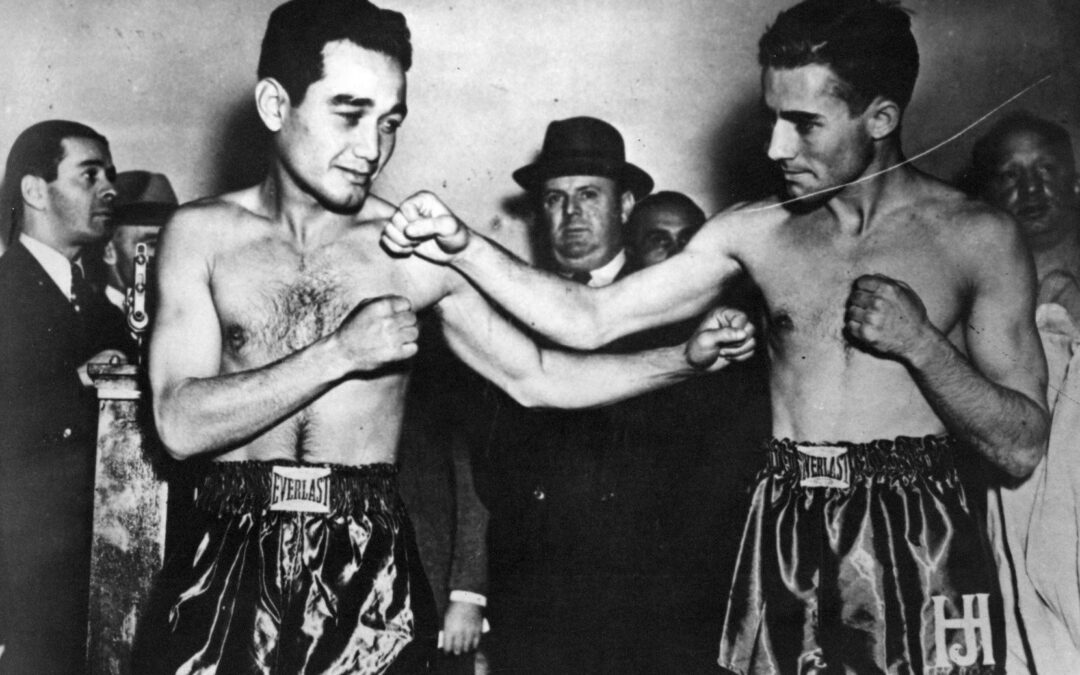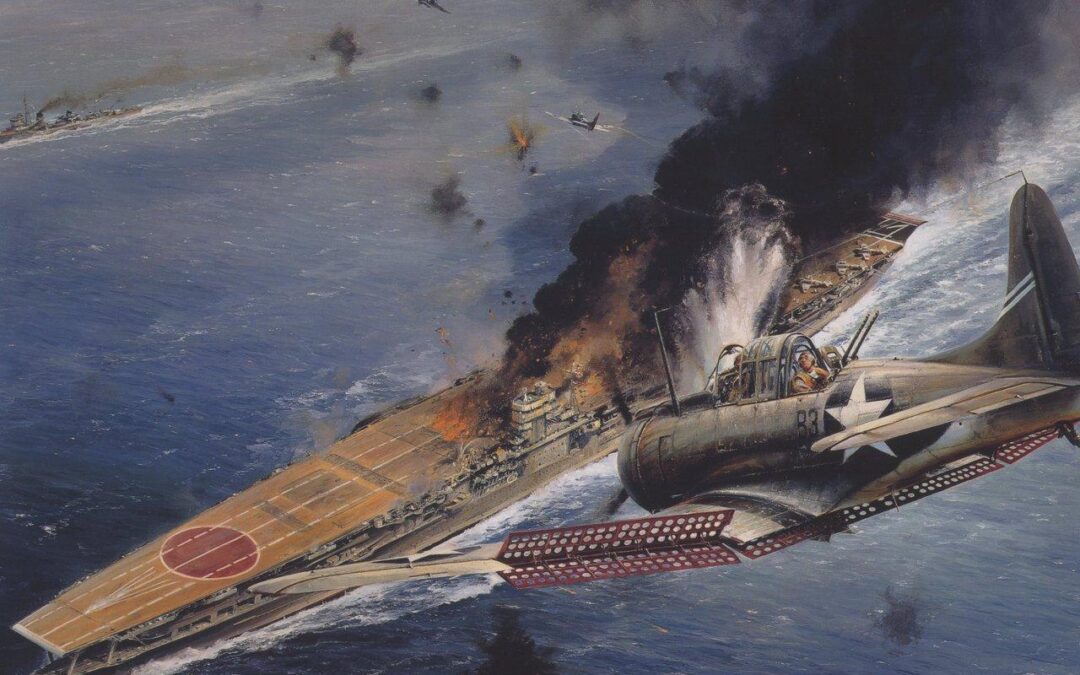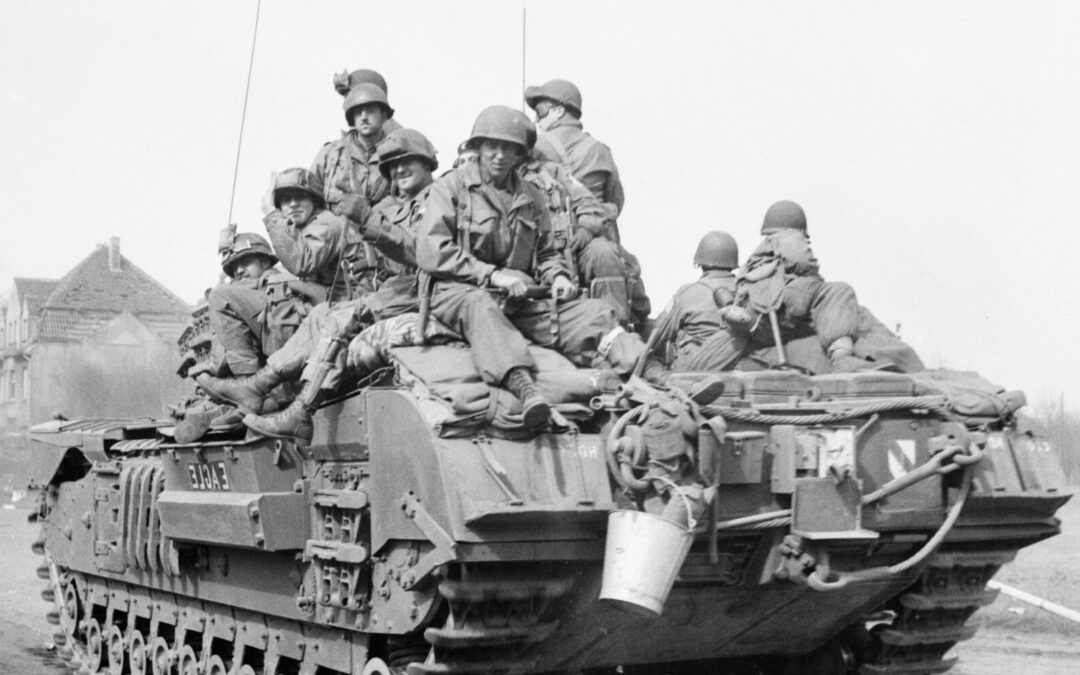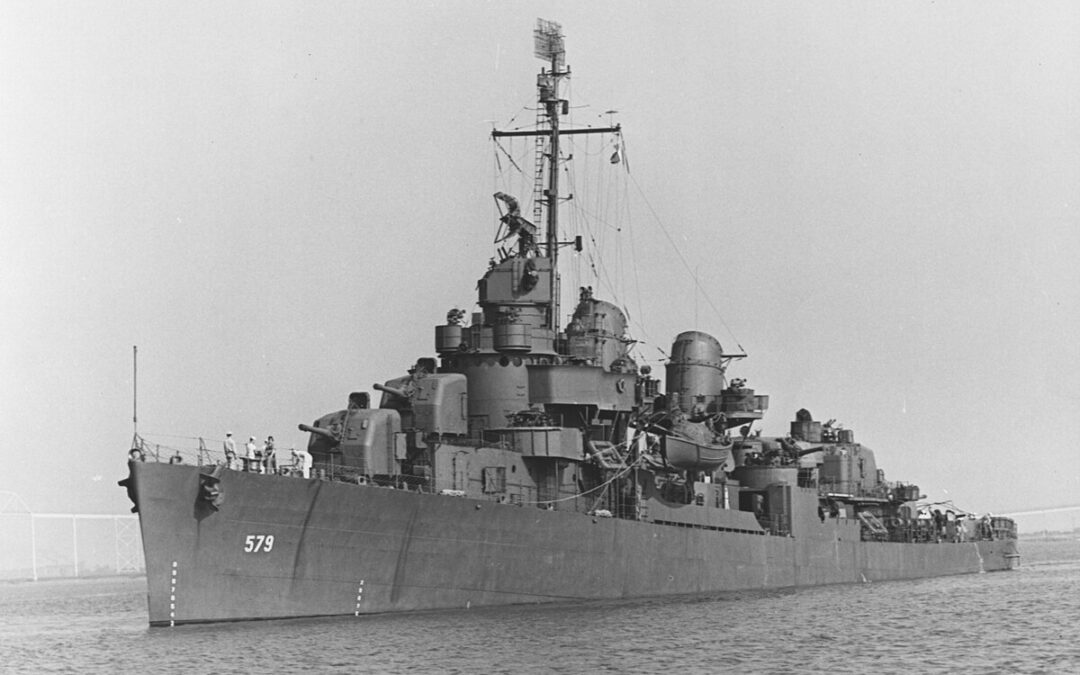Often, non-combatant civilians risk their lives by performing quiet yet extraordinary acts of selflessness and gallantry that require just as much bravery as a soldier charging head-on into enemy fire. Irena Sendler was one such civilian. She was a gentle but determined Polish social worker who managed to smuggle 2,500 children out of the Warsaw Ghetto during the Second World War. As amazing as this feat was, she was only internationally honored for her immense bravery toward the end of her life. Irena Sendler Drew Strength from Her Father’s Sacrifice Sendler was born in 1910 in Warsaw, Poland. Her father’s dedication to doing the right thing regardless of the risk involved must certainly have made an impression on the young Irena, despite the tragic consequences of his unshakable devotion to good. In 1917, he died from typhus, contracted while treating patients’ other doctors refused to treat. Many of his former patients happened to be Jews, and in gratitude for what he had done,...

